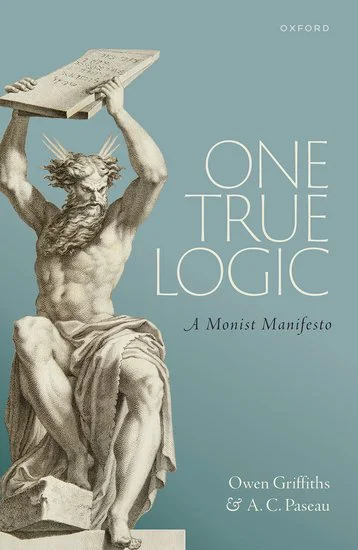Martin Luther King Jr.: A Legacy of Courage, Equality, and Justice
Martin Luther King Jr., an iconic figure in American history, was a Baptist minister and civil rights activist who dedicated his life to fighting against racial discrimination and advocating for equality and justice for all. His powerful speeches, nonviolent protests, and unwavering commitment to the principles of peace and equality continue to inspire generations around the world. This article delves into the life, achievements, and lasting impact of Martin Luther King Jr.
Martin Luther King Jr.: A Legacy of Courage, Equality, and Justice
Martin Luther King Jr., an iconic figure in American history, was a Baptist minister and civil rights activist who dedicated his life to fighting against racial discrimination and advocating for equality and justice for all. His powerful speeches, nonviolent protests, and unwavering commitment to the principles of peace and equality continue to inspire generations around the world. This article delves into the life, achievements, and lasting impact of Martin Luther King Jr.
Early Life and Education:
Born on January 15, 1929, in Atlanta, Georgia, Martin Luther King Jr. grew up in a middle-class family. His father, Martin Luther King Sr., was a pastor, and his mother, Alberta Williams King, was a former schoolteacher. King Jr. was exposed to racial segregation from an early age, which deeply influenced his later activism.
King excelled academically and skipped two grades in high school, eventually enrolling at Morehouse College at the age of 15. He later pursued theological studies at Crozer Theological Seminary in Pennsylvania and earned his Ph.D. in systematic theology from Boston University in 1955.
The Montgomery Bus Boycott and Rise to Prominence:
King's involvement in the civil rights movement gained significant momentum during the Montgomery Bus Boycott in 1955. The boycott was sparked by Rosa Parks' refusal to give up her seat to a white passenger on a segregated bus. King emerged as a prominent leader, advocating for nonviolent resistance and organizing peaceful protests.
His leadership and eloquence were evident in his famous speech during the boycott, where he delivered his first major address, "How Long, Not Long." The boycott ultimately led to a Supreme Court ruling that declared racial segregation on public buses unconstitutional.
The March on Washington and "I Have a Dream":
One of the most defining moments in Martin Luther King Jr.'s life was the historic March on Washington for Jobs and Freedom in 1963. It was during this event that King delivered his iconic speech, "I Have a Dream," in front of a crowd of over 250,000 people gathered at the Lincoln Memorial.
In his speech, King passionately articulated his vision of a future where racial equality would prevail, emphasizing the importance of judging individuals based on their character rather than the color of their skin. The speech became a rallying cry for the civil rights movement and remains one of the most celebrated speeches in American history.
Legacy and Impact:
Martin Luther King Jr.'s tireless efforts and unwavering commitment to nonviolent resistance played a pivotal role in shaping the civil rights movement. His advocacy led to significant legislative achievements, including the Civil Rights Act of 1964 and the Voting Rights Act of 1965, which aimed to dismantle racial segregation and protect voting rights for African Americans.
King's legacy extends far beyond his lifetime. His teachings and principles continue to inspire individuals and movements worldwide, promoting equality, justice, and social change. His birthday, January 15th, is celebrated as a national holiday in the United States, known as Martin Luther King Jr. Day, honoring his contributions to the nation.
Martin Luther King Jr.'s unwavering commitment to justice, equality, and nonviolent resistance made him an influential figure in the fight against racial discrimination. His speeches and actions continue to inspire generations, reminding us of the power of peaceful protest and the importance of standing up against injustice. As we reflect on his life and legacy, let us strive to carry forward his vision of a world where all individuals are treated with dignity and respect, regardless of their race or background.

























